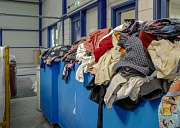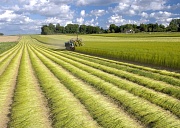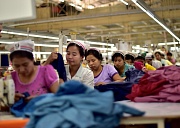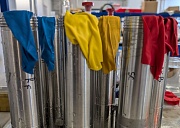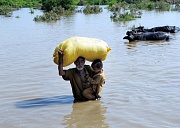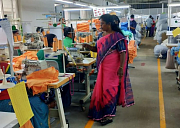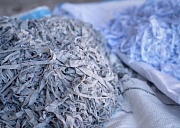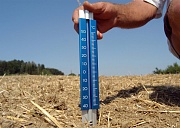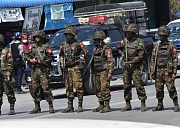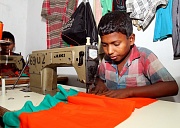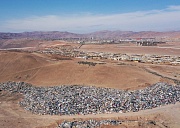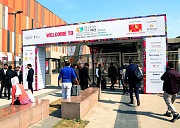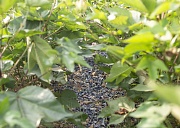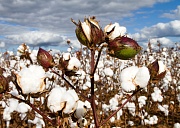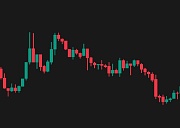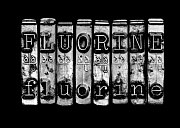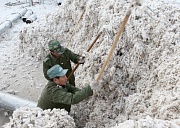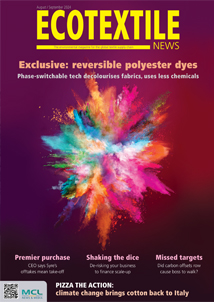Who polices the industry?
The answer is no one, or rather the industry supposedly polices itself. The International Federation of Organic Agriculture Movement (IFOAM) is not as involved in cotton as it is in other sectors so no one body regulates or polices behaviour. No one is penalised for wrongdoing, except perhaps cotton farmers.
GOTS has done better on improving fraud protection, but it covers only one part of the industry – textile processing.
In India, the Agricultural & Processed Food Products Export Development Authority (APEDA) was tasked to improve the sector and put in place Tracenet to manage numbers. It made progress. We were told in 2018 that it was improving and cracking down on errors and fraud – but reports, then and now, say a major problem is that the Indian standard and Tracenet stop at the cotton gin.
We also understand from those in the know that the Indian Sustainable Organic Textiles (ISOT) standard was dropped in 2014 at the insistence of the voluntary standards which claimed to be developing their own solutions. It’s claimed they rejected Check Organic because “we have our own system”, according to Check Organic’s Gerald Hermann. The traceability chain was broken some more.
One industry source, who wanted to remain anonymous, told us: “Many bodies actually avoid the Indian standard system as it could ensure full traceability, making fraud detection easier.”
Full traceability, however, would also reduce the reported size of organic cotton markets and subsequent earnings for some in the sector.
Recently, Hindu Business Line2 reported on claims of a “cotton mafia” by an Indian MP, Gajendra Patel, who accused them of exploiting farmers, adding that “fake” organic cotton groups were debasing the efforts of genuine organic farmers. Patel has called for an inquiry and challenges the relevance of APEDA (in June 2021 the USDA terminated its organic recognition agreement with APEDA over fraud concerns).
Accreditation
So perhaps the fraud problem lies with the accreditation of CBs?
IOAS were asked to comment on recent suspensions of CBs but executive director David Crucefix told us: “We value our independence and integrity above all else. Therefore we prefer not to make any comment on any specific cases nor on the circumstances surrounding such cases. I suggest you speak with the relevant scheme owners, APEDA, GOTS and Textile Exchange.”
So we did.
GOTS said it had “developed a separate accreditation system based on International Standards Organisation (ISO) ISO/IEC Guides 17011 and 17065. The fact that ONECERT’s GOTS accreditation was withdrawn is proof that this control system works”.
Pe-Jae Brooks, of TE, added: “It’s OneCert’s accreditation body IOAS that has found the non-conformities with the Textile Exchange’s assurance requirements, the specifics of which we are not at liberty to share at this time.”
Note the subtle difference from GOTS managing director Rahul Bhajekar who – two days earlier – told us: “The exact reasons for the withdrawal were not disclosed to us since this process remains independent of the standards setting body, but we were told that there were lapses in the systems of the CB, and they had non-conformities that could not be closed by the CB.”
These statements followed a release from TE, in January, about OneCert's suspension, saying “these circumstances reflect the integrity and consistency of our assurance system”.
The subsequent New York Times article blew out of the water claims that the system was working.











